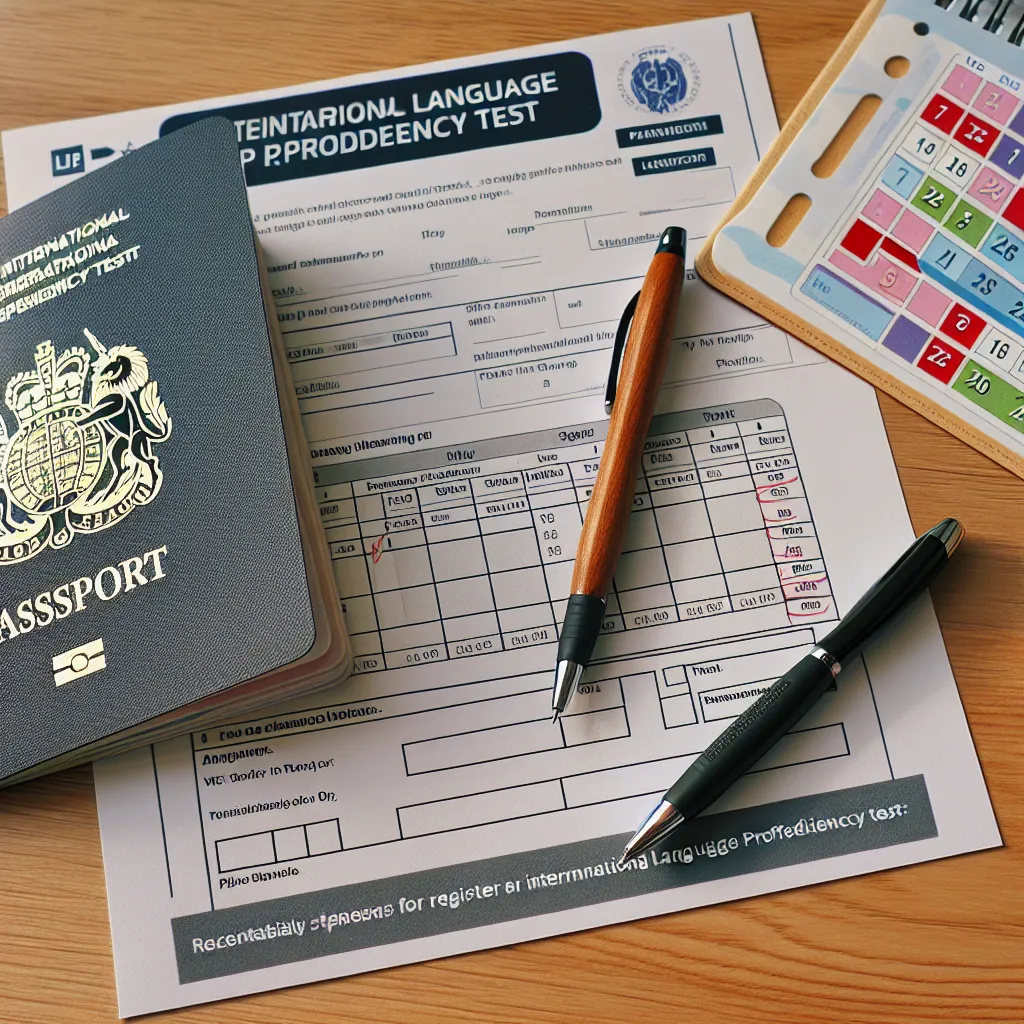IELTS Speaking Part 3 is often considered the most challenging section of the speaking test. It requires candidates to engage in a more in-depth discussion on abstract topics related to the theme introduced in Part 2. To help you excel in this crucial part of the exam, we’ve compiled a comprehensive list of the best tips for IELTS Speaking Part 3.
Understanding IELTS Speaking Part 3
Before diving into the tips, it’s essential to understand what IELTS Speaking Part 3 entails. This section lasts for 4-5 minutes and involves a two-way discussion between the examiner and the candidate. The examiner will ask questions related to the topic from Part 2, but these questions will be more abstract, requiring you to express opinions, discuss hypothetical situations, and analyze broader issues.
 IELTS Speaking Part 3 Illustration
IELTS Speaking Part 3 Illustration
Best Tips for IELTS Speaking Part 3
1. Develop Your Ideas
One of the key aspects of succeeding in Part 3 is the ability to develop your ideas fully. Here’s how:
- Use the PEEL method: Point, Explain, Example, Link
- Provide personal experiences or observations to support your points
- Consider different perspectives on the topic
Example:
Examiner: “How has technology changed the way people communicate?”
Candidate: “Technology has dramatically transformed communication (Point). Nowadays, people can instantly connect with others across the globe through various platforms and devices (Explain). For instance, I regularly video chat with my cousin in Australia, something that would have been unimaginable just a few decades ago (Example). This ease of global communication has made the world feel much smaller and more interconnected (Link).”
2. Use Advanced Vocabulary and Structures
To impress the examiner and boost your lexical resource score:
- Incorporate idiomatic expressions naturally
- Use a variety of advanced connectors and transitions
- Employ less common synonyms for everyday words
Example:
Instead of saying “Technology has made communication easier,” you could say, “The advent of cutting-edge technology has revolutionized the landscape of human interaction, making it increasingly seamless and efficient.”
3. Practice Critical Thinking
IELTS Speaking Part 3 often requires you to analyze and evaluate ideas. To excel:
- Consider both advantages and disadvantages of a situation
- Discuss potential future implications
- Compare and contrast different scenarios
Example:
Examiner: “Do you think social media has more positive or negative effects on society?”
Candidate: “That’s an intriguing question. While social media has undoubtedly enhanced connectivity and information sharing, it also poses significant challenges. On the positive side, it has given a voice to marginalized groups and facilitated global movements. However, issues like privacy concerns, cyberbullying, and the spread of misinformation cannot be overlooked. In the long run, I believe the impact will largely depend on how we as a society learn to navigate and regulate these platforms.”
4. Maintain Fluency and Coherence
To ensure your responses flow smoothly:
- Use discourse markers to organize your thoughts (e.g., “First and foremost,” “On the other hand,” “In conclusion”)
- Practice speaking at a steady pace without long pauses
- If you need time to think, use fillers strategically (e.g., “That’s an interesting question. Let me think about it for a moment.”)
5. Listen Carefully and Ask for Clarification
Sometimes, Part 3 questions can be complex. To avoid misunderstandings:
- Listen attentively to the examiner’s questions
- If you’re unsure, politely ask for clarification (e.g., “Could you please rephrase that question?”)
- Confirm your understanding before answering
6. Embrace Hypothetical Questions
Part 3 often includes hypothetical scenarios. To handle these effectively:
- Use conditional structures confidently (e.g., “If that were to happen, I would…”)
- Imagine various possibilities and their consequences
- Draw from your knowledge of current affairs and global trends
Example:
Examiner: “How might cities change if private cars were banned?”
Candidate: “If private cars were banned in cities, we’d likely see a radical transformation in urban landscapes. Public transportation systems would need to be significantly expanded and improved. We might witness the emergence of more green spaces where parking lots once stood. Additionally, air quality would improve dramatically, potentially leading to better public health outcomes. However, such a change could also pose challenges for those with mobility issues or for businesses that rely on personal vehicle access.”
 IELTS Speaking Practice Session
IELTS Speaking Practice Session
7. Stay Informed About Current Events
Being knowledgeable about global issues can greatly enhance your responses:
- Read news from reputable international sources regularly
- Familiarize yourself with different perspectives on global topics
- Practice discussing current events with friends or language partners
8. Manage Your Time Effectively
While the examiner controls the overall timing, you can manage your individual responses:
- Aim to speak for about 30-45 seconds per question
- If you feel you’re talking too much, find a natural conclusion
- If your answer is brief, expand on it with examples or further explanation
9. Show Enthusiasm and Engagement
Your attitude can significantly impact your performance:
- Maintain eye contact with the examiner
- Use appropriate facial expressions and gestures
- Show interest in the topics through your tone and body language
10. Practice Regularly
Consistent practice is key to improving your Part 3 performance:
- Engage in discussions on abstract topics with study partners
- Record yourself answering sample Part 3 questions and analyze your responses
- Seek feedback from teachers or experienced IELTS candidates
Important Considerations
- Avoid memorized answers: The examiner is trained to detect rehearsed responses, which can negatively impact your score.
- Be honest: If you don’t have knowledge about a specific topic, it’s better to admit it and speak generally than to invent false information.
- Stay calm: Remember that the examiner is not trying to trick you but to give you opportunities to showcase your English skills.
Next Steps
Now that you’re equipped with these valuable tips for IELTS Speaking Part 3, it’s time to put them into practice:
- Create a study schedule that includes regular speaking practice sessions.
- Find a speaking partner or join an IELTS study group to simulate Part 3 discussions.
- Record yourself answering sample Part 3 questions and critically evaluate your performance.
- Expand your vocabulary by learning new words and phrases related to common IELTS topics.
- Stay updated on global issues by following international news outlets.
Remember, success in IELTS Speaking Part 3 comes from a combination of language skills, critical thinking, and confidence. By implementing these tips and practicing consistently, you’ll be well-prepared to tackle even the most challenging questions on test day.
We encourage you to share your experiences and any additional tips you’ve found helpful in the comments below. For more in-depth guidance on other aspects of the IELTS exam, be sure to check out our related articles on IELTS preparation strategies and common IELTS speaking topics.




